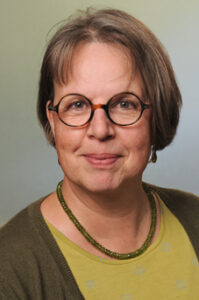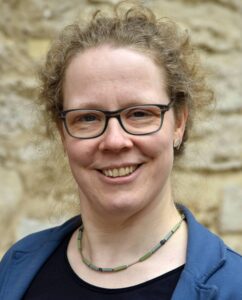

Church and Congregational Theory: Global Lutheran und Ecumenical Perspectives
Research
What ideas and images are behind the ways people talk and theorize about church? What assumptions and what objectives are implicitly involved in shaping the church and developing theories?
The research unit KÖW is working on the following research projects:
Fundamental questions of church and congregational theory Church volunteers' Experiences of Empowerment and Disempowerment
This research project is about the experiences of volunteers in protestant churches. It is about what they perceive and encounter in connection with their voluntary work. What positive, encouraging and empowering experiences have they had in their work? What difficult, frustrating or demotivating experiences have they had in the course of their commitment? And what is important to them so that they experience their voluntary commitment as positive and personally rewarding?
In order to investigate this, interviews with adult volunteers from various local churches throughout Germany will be conducted, analysed and linked with some theoretical approaches to the topic.
The aim is to recognise the perspectives and experiences of volunteers and incorporate them into the academic discourse. In addition, the aim is to develop orientation and guidelines for the support of volunteers.

Church in Western Europe Empowerment in relation to families – study on the “Messy Church” project
Families face numerous challenges: they must manage their daily lives, negotiate individual needs, deal with limitations and vulnerability, and learn to understand life together – to name just a few. If the Church wants to be a place that recognizes people in their concrete life situations, the question arises: in what form can formats and spaces be created that acknowledge families in their needs and responsibilities and support them? The Messy Church project, which began in an Anglican parish in 2004 and has since spread to many countries, demonstrates numerous features that have an ’empowering’ quality. Therefore, this study aims to focus on these features and analyze them more closely.
From an ecclesiological perspective, it is also necessary to examine how the image of the Church changes in the context of Messy Church – both among those with a strong connection to the Church, those with a weak connection, and the non-religious. Finally, it is important to ask what insights can be drawn from this for future parish concepts and reform processes.

Dr. Katharina Freudenberg

Church in Eastern Europe Learning from Practice Together: Challenges of Lutheran and Other Reformation Churches in Eastern Europe in the Context of Specific Secularity in Post-Totalitarian Societies
The focus of the study are Lutheran and Reformation churches in post-totalitarian societies and their practice: How do these numerically small churches shape their church practice in the respective contexts of different secularities, e.g. in the Baltic States, the Czech Republic, Hungary, Poland, Romania etc.? What role does the social perception of these churches play in this context (e.g. through diaconia, education etc.)? To what extent can they identify possible problems or positive experiences and models that affect the Protestant churches in Germany and their congregations in terms of the situation of diminishing membership and reduced social recognition? are transferable; in particular, the situation and context of the “East German” churches is taken into account.
The aim is to establish contacts and ecumenical networking between church and university stakeholders (for this purpose, empirically joint themes are to be identified) in order to promote direct exchange in the sense of mutual empowerment (digital and analogue meeting formats). These are made available first to the scientific advisory board and then to other interested parties through reports and lectures and via the website of the KÖW.

Dr. Ariane Schneider

Fundamental questions of Church and Congregational Theory Doing Church in Secular Contexts
If we consistently consider doing church in the context of an increasingly post-Christian society, we must reassess certain ecclesiological and practical-theological questions in new ways and shift our focus. We might face questions like this: How can the church expand points of contact with those who have never been a member of any church, and how can congregations be come more accessible for these people? How can we make our language and culture within congregations more understandable and relatable, in order to also meet the needs of people without a Christian upbringing? What social structures, forms of belonging and membership models, and what roles of staff and volunteers could be suitable to address the diverse milieus and contexts in which people did not have a Christian upbringing?
Initial attempts to answer these questions are being made with regard to experiences and discourses in other post-Christian countries in Europe.




